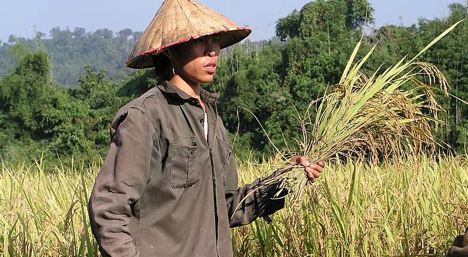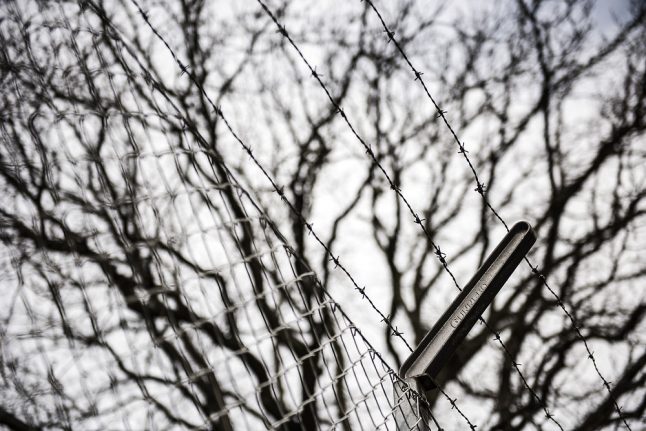Anne-Sophie Gindroz, Helvetas country director for Laos, left on Saturday after ignoring several warnings over her criticism of the government, an official from the Ministry of Foreign Affairs said.
"We gave her 48 hours notice (to leave the country) and she left Saturday, she is in Thailand now," the official told AFP on condition of anonymity.
"It is not the organization's fault, it is her fault — she didn't comply with the rules of the country she was in," the official said.
"She was in Laos, she should follow Laos's rules and traditions. If not she cannot live here, she has to leave."
Gindroz's Indonesian husband and her seven children were allowed to stay, he said, adding that she must "take responsibility" for her actions.
Helvetas spokesman Matthias Herseldt said the foreign ministry had sent the Zurich-based group a letter saying that "she had been 'acting against the constitution and the law'."
The government took particular issue with a letter written by Gindroz to other development partners criticising Laos's government "and the situation for free speech in the country", he added.
Helvetas has run an agricultural project in Laos since 2001, and also promotes organic farming in the tiny communist nation.
Its "first priority" is to continue aid work, spokesman Herseldt said.
Speaking to AFP on condition of anonymity, a source close to the case said Gindroz "was very involved in land issues and had received some warnings before".
The Southeast Asian country has fewer than six million people, about 80 per cent of whom work in agriculture.
The landlocked nation, long reliant on foreign aid, is now the target of massive foreign investment, with inflows rising from $51 million in 2001 to $13.6 billion last year, according to official figures.
But the presence of foreign investors in Laos has raised concerns — particularly over large land concessions — despite bringing much needed foreign cash.



 Please whitelist us to continue reading.
Please whitelist us to continue reading.
Member comments